Self-driving cars promise to revolutionize transportation, offering potential benefits like reduced traffic and increased accessibility. However, they also come with a set of hidden dangers that need to be addressed before fully embracing this technology. From cybersecurity threats to ethical dilemmas, understanding these challenges is crucial for ensuring a safe and reliable autonomous future.
1) Over-Reliance on Technology
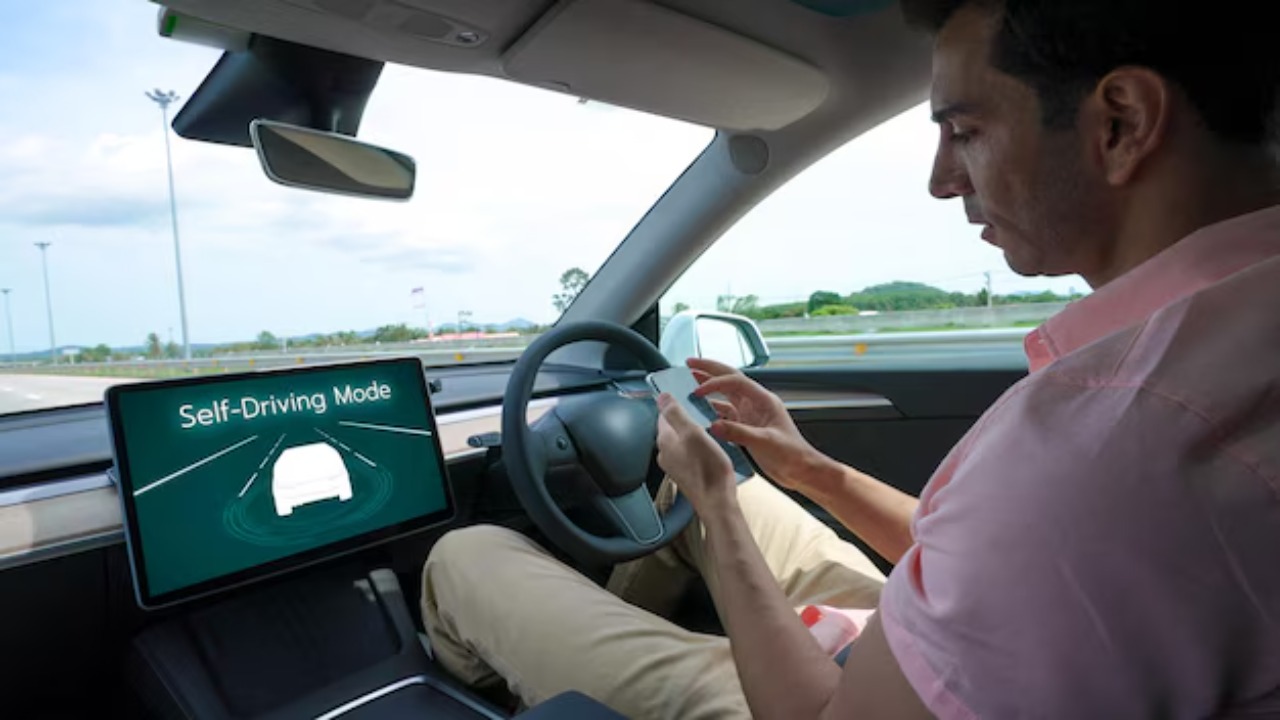
One of the primary concerns with self-driving cars is the risk of over-reliance on technology. Drivers may become complacent, assuming that the vehicle can handle all situations without human intervention. This could lead to a lack of attention and delay in reaction time during critical moments. According to a study on autonomous vehicle reliance, this complacency might increase the likelihood of accidents, particularly in unexpected scenarios where human judgment is necessary.
2) Cybersecurity Threats

With the increasing connectivity of self-driving cars, cybersecurity becomes a paramount concern. Autonomous vehicles are susceptible to hacking, which could lead to unauthorized control, data theft, or even deliberate accidents. A report from Brookings highlights the potential for cyberattacks as a significant barrier to the safe deployment of self-driving technology. Ensuring robust security measures is critical to protect both drivers and pedestrians.
3) Ethical Decision-Making Dilemmas
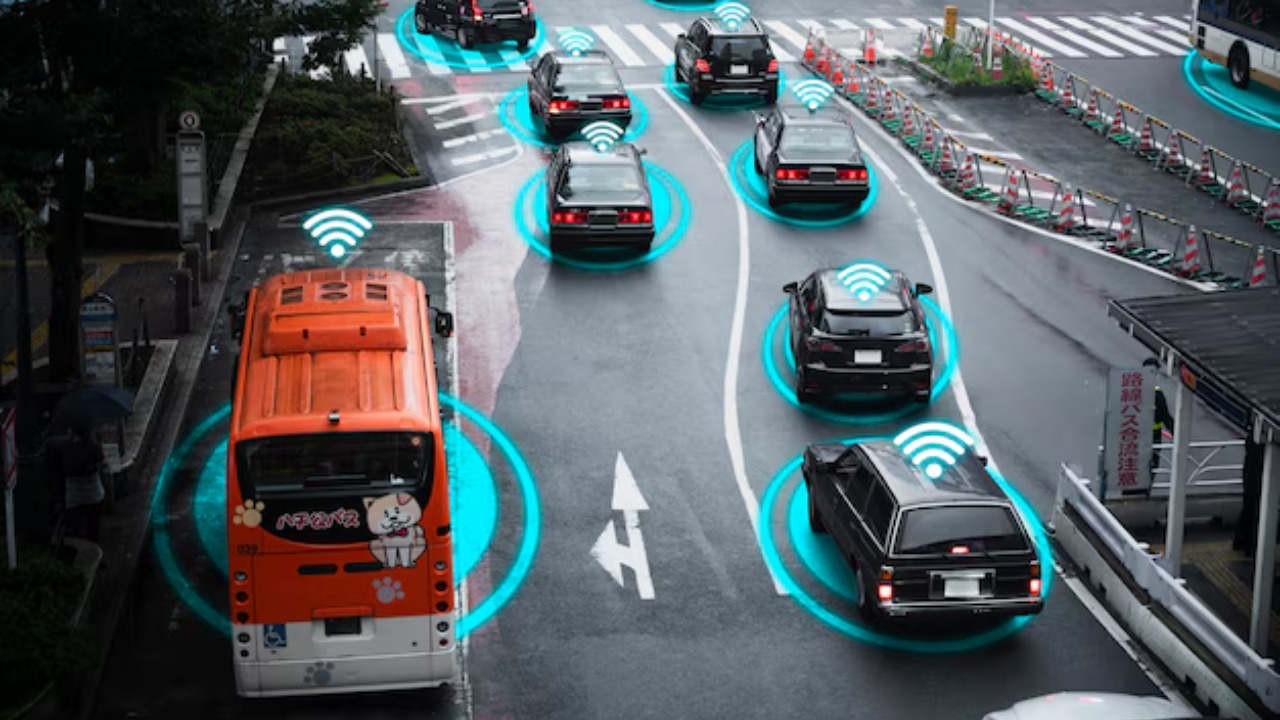
Self-driving cars face complex ethical dilemmas, particularly in situations where they must choose between two unfavorable outcomes. The decision-making algorithms must be programmed to prioritize certain lives or property, raising questions about moral responsibility. A study on ethical dilemmas in autonomous vehicles discusses how these choices can impact public trust and acceptance of this technology.
4) Incomplete Infrastructure
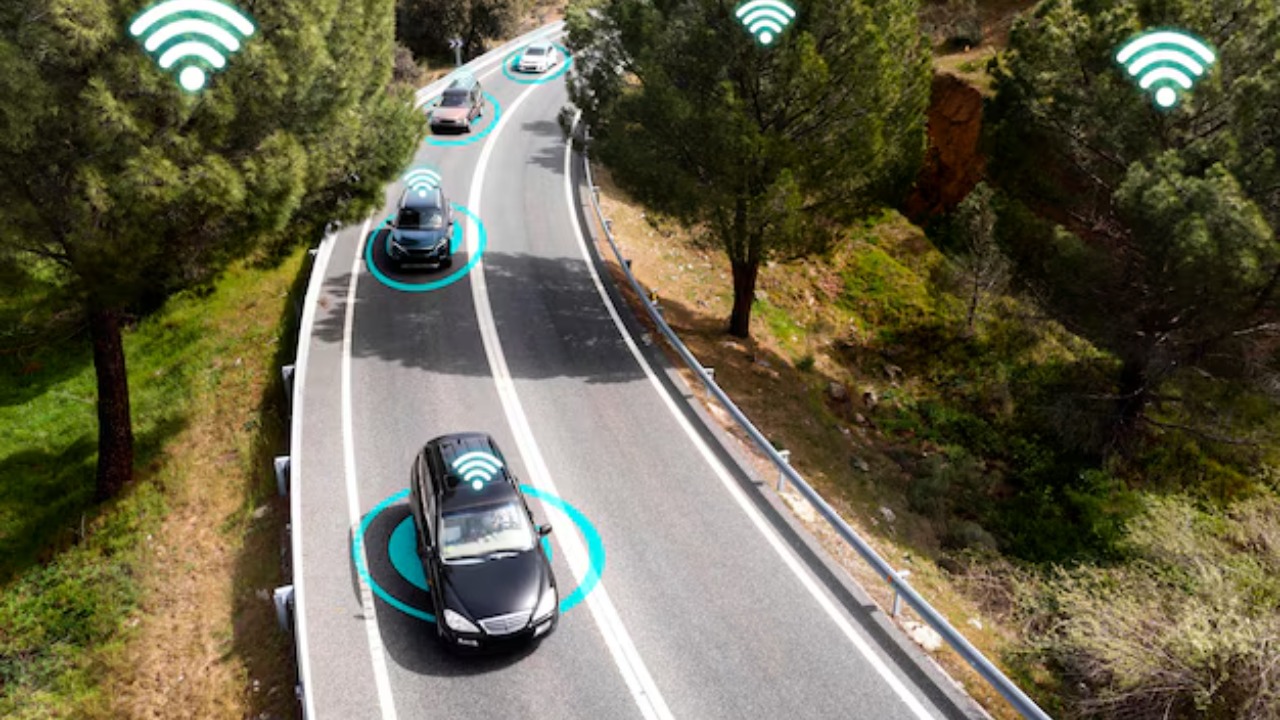
The existing infrastructure is not fully equipped to support self-driving cars. Many roads lack the necessary markings, signals, and communication systems required for autonomous navigation. This can lead to operational challenges and reduced efficiency. As noted in a report by Reuters, upgrading infrastructure to accommodate autonomous vehicles is a significant investment that is still in its early stages.
5) Limited Understanding of Unpredictable Human Behavior
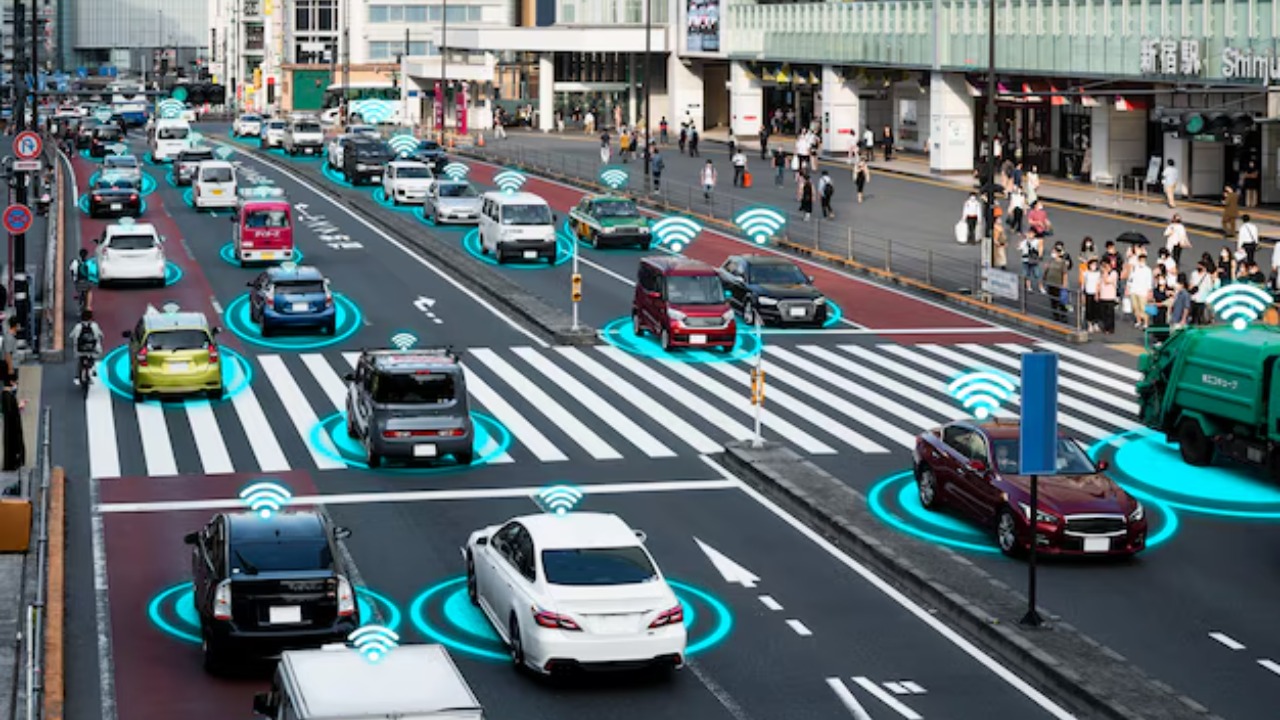
Self-driving cars struggle to predict and adapt to the unpredictable behavior of human drivers and pedestrians. This limitation can lead to accidents or suboptimal decision-making in complex traffic situations. The ability to interpret and respond to human actions remains a significant challenge, as highlighted in various resources on self-driving technology. Improving these systems’ understanding of human behavior is essential for safe integration into mixed-traffic environments.
6) Technical Malfunctions

Technical malfunctions are a concern with any advanced technology, and self-driving cars are no exception. Software glitches, sensor failures, or hardware issues can cause unforeseen problems, potentially leading to accidents. Continuous testing and refinement are necessary to minimize these risks, but the possibility of malfunctions can never be entirely eliminated. Ensuring robust fail-safe mechanisms and regular maintenance is crucial for maintaining safety standards.
7) Legal and Liability Concerns
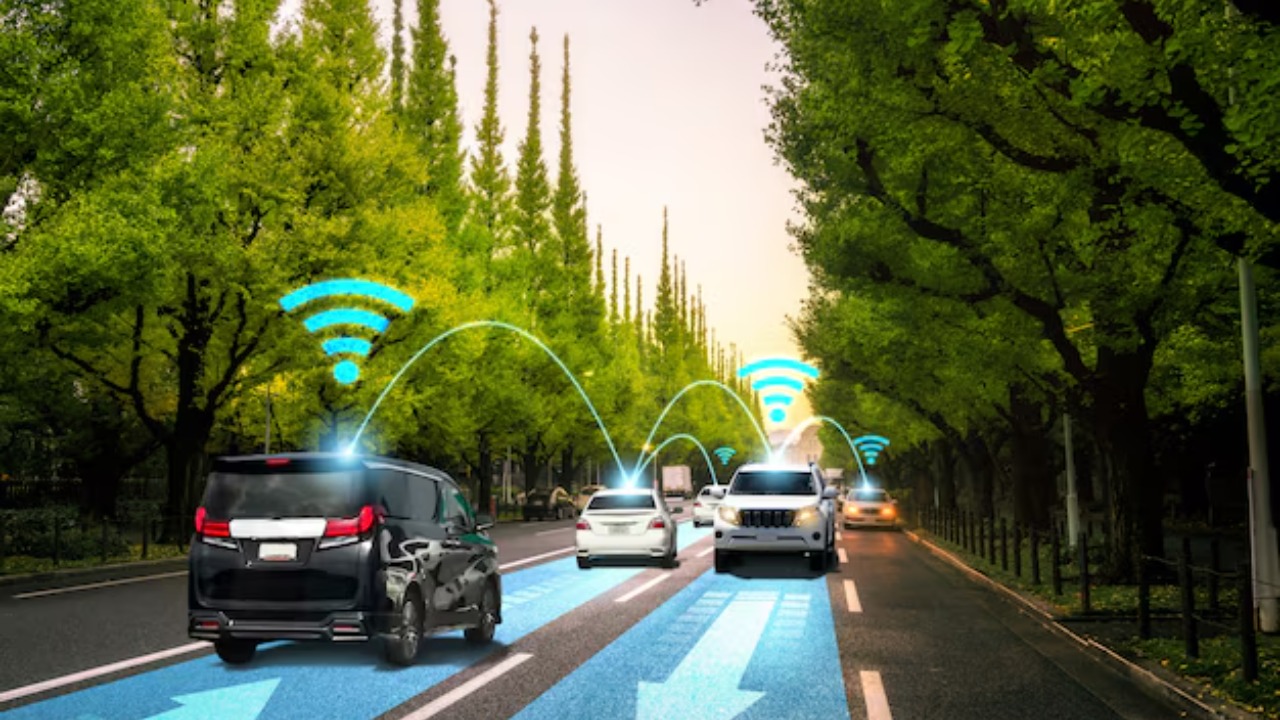
The deployment of self-driving cars presents complex legal and liability issues. Determining fault in the event of an accident involving an autonomous vehicle is challenging. Questions about liability, insurance, and regulatory compliance are still being debated, as noted in Brookings. Establishing clear legal frameworks is essential to protect consumers and manufacturers, fostering confidence in autonomous technology.